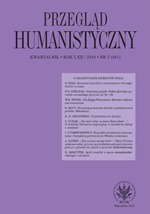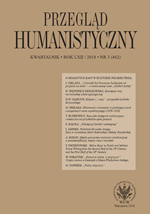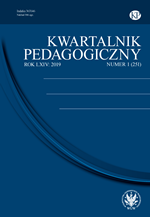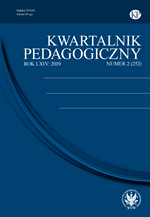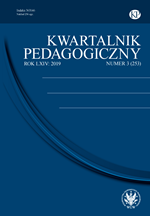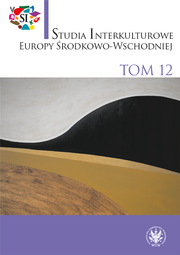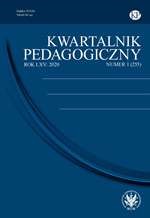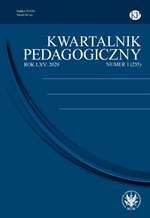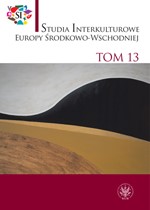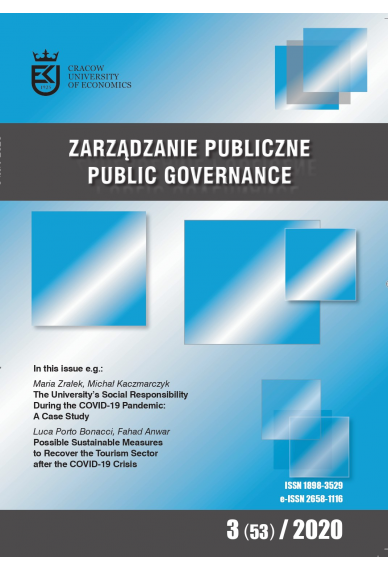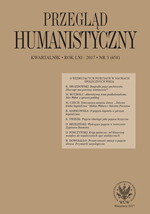
Chorowanie na łuszczycę i atopowe zapalenie skóry jako podróż w nieznane
This article has been based on the MA thesis “Suffering from Psoriasis and AtopicDermatitis in the Context of Medical Anthropology”. I discuss typology of narrative aboutArthur Frank’s illness. With its aid and a metaphor of illness as a journey he used, I describethe experience of suffering from two chronic illnesses – psoriasis and atopic dermatitis. Inthis way, I attempt to present complexity of the experience of suffering from both illnesses,their multi-level impact on life of the ill and the ways they work out to cope with them.
More...
